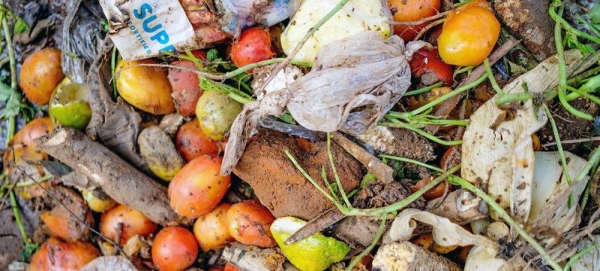
The number of households with children going hungry has doubled since lockdown began, as millions of people struggle to afford food.
New data from the Food Foundation shared exclusively with the Observer has revealed that almost a fifth of households with children have been unable to access enough food in the past five weeks, with meals being skipped and children not getting enough to eat as already vulnerable families battle isolation and a loss of income.
The strain on larger families, single parent homes and those with disabled children has been immense. A reported 30% of lone parents and 46% of parents with a disabled child are facing food insecurity and finding it difficult to manage basic nutritional needs at home. With schools no longer providing a reprieve for children reliant on free breakfast clubs and school lunches, poorer families are at crisis point.
A government scheme to give pupils food vouchers worth £15 a week until schools reopen has been beset with problems, with many parents unable to download the vouchers or redeem them in supermarkets.
According to the Food Foundation, of the 621,000 children who were accessing free breakfast clubs before the pandemic, only 136,000 are being provided with an alternative. However, 31% of children entitled to free school meals are still not getting any substitute, leaving more than 500,000 children going without.
Writing in the Observer on Sunday, Emma Thompson urged the government to prioritise children. Last year, Thompson joined young food ambassadors and the Children’s Right2Food campaign at Downing Street to call for an independent children’s food watchdog to help alleviate food poverty and monitor childhood nutrition. A year later, the government has yet to provide an official response.
“It is difficult to accept, and for some even difficult to believe that there are still children going hungry in this rich and largely competent nation. But there are millions,” writes Thompson. “What is undeniable is that our government has yet to extend real lifelines to those who cannot afford food. We need emergency income support to put money in the pockets of families who are suffering.”
Food banks have been overwhelmed with demand during the lockdown. Last Friday, the Trussell Trust reported an 81% increase in people needing support from its food banks at the end of March compared with the same period last year. Demand from children for food-bank services had also increased by 121%. The Independent Food Network reported a similar surge, with a 59% increase in demand for emergency food support between February and March.
Anna Taylor, executive director of the Food Foundation, called on the government to implement an emergency income support scheme and for child benefits to be doubled and paid fortnightly.
She said: “The government needs to move fast to protect vulnerable children and make them a priority. Having access to a nutritious diet is a basic human right. Struggling families need money in their pockets now and we need government to look urgently at income support and child benefits to provide solutions.”
‘We have to be more resourceful’
Felix Platt, 15, Norfolk
“It’s really tough. Dad works as a restorer and mum stays at home but there are nine of us under 18 in the house all the time now: three in primary school, two in high school, one in sixth form and three little ones. We have to be more resourceful about what we’re eating – simpler things like pasta and pizza and fish fingers that are easier and cheaper to cook.
“There are no snacks or treats and the little ones are finding it harder, they’re not used to food being rationed. Trying to keep everyone balanced and happy is really hard at the moment. Fruit and veg isn’t the main thing Mum and Dad are worried about, they’re trying to just give us the main meals.”












